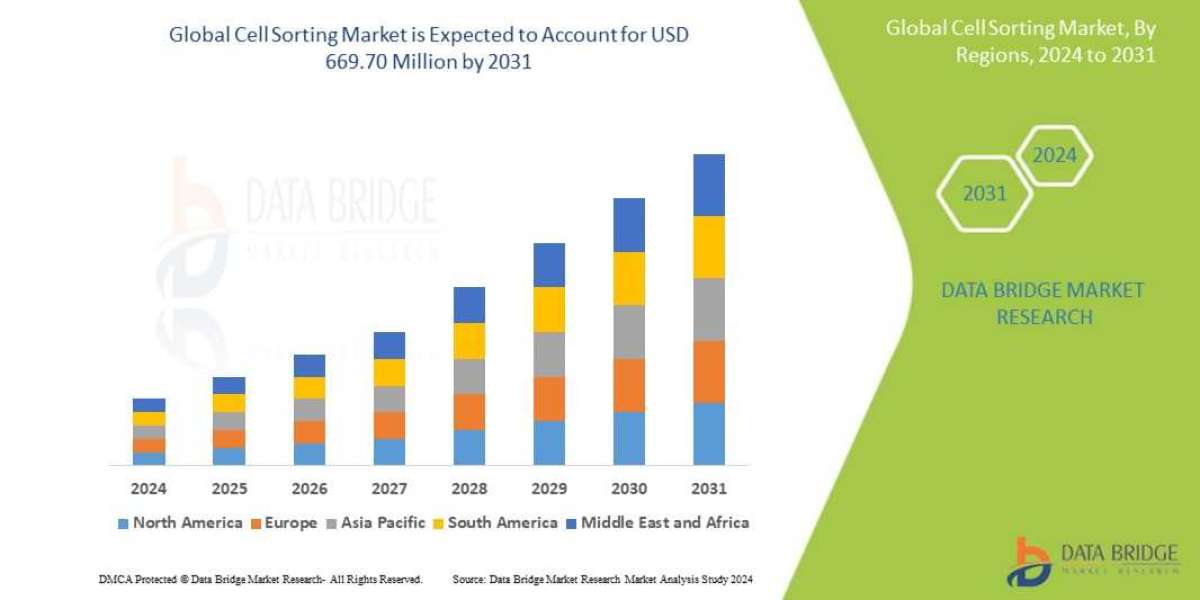Introduction: Halal Goes Beyond the Kitchen
When people hear Halal Certification, most immediately think of meat or food items.
But in reality, Halal principles apply to many industries, especially those involving personal care, health, and product contact. Whether you're a manufacturer of lipsticks, skin creams, capsules, or even printed packaging—you may be required to prove Halal compliance.
And that’s exactly where Alwaizcert comes in: helping non-food businesses navigate Halal standards and unlock access to growing global markets.
What Does Halal Mean in Non-Food Products?
In non-food sectors, Halal Certification focuses on:
Source of ingredients (animal-derived or synthetic?)
Processing methods (were they contaminated?)
Use of alcohol, pork enzymes, or non-permissible elements
Equipment sharing and cleaning procedures
Labelling and consumer trust
In simple terms: anything that touches your skin, enters your body, or plays a role in daily hygiene can—and should—be Halal certified for Muslim consumers.
Industries That Now Require or Prefer Halal Certification
| Sector | Products |
|---|---|
| Cosmetics | Lipstick, foundation, creams, perfumes |
| Pharmaceuticals | Capsules, syrups, tablets, injections |
| Nutraceuticals | Vitamins, herbal blends, energy powders |
| Personal Care | Toothpaste, soaps, shampoos, baby care |
| Packaging | Inks, adhesives, laminates, plastic coatings |
| Healthcare | Surgical gels, wound dressings, supplements |
Consumers across the GCC, Malaysia, Indonesia, and even African and European Muslim markets are increasingly reading labels—and rejecting uncertified brands.
Why Halal Certification Is Crucial for These Products
1. Trust in Sensitive Products
When products go into the mouth, onto the skin, or inside the body—Muslim consumers are especially cautious.
Halal Certification builds instant confidence that:
No alcohol
No animal fat
No gelatin from questionable sources
No cross-contamination
2. Access to International Retailers
Pharmacies, wellness stores, and online retailers in Muslim markets often require Halal Certification to stock personal care and OTC products.
Without it, your products may be excluded from buyer shortlists.
3. Online Sales Growth
Want to sell cosmetics on Amazon UAE, Noon.com, Daraz, or Shopee?
They now request or prefer Halal Certification for:
Skin creams
Oral care products
Women’s cosmetics
Baby items
Alwaizcert can help position your brand for e-commerce success with the right certification.
4. Stand Out in Crowded Markets
In highly competitive industries like beauty and wellness, Halal Certified branding adds:
A clean, ethical, and traceable image
Appeal to both Muslims and health-conscious buyers
A trust boost in ingredient transparency
How Alwaizcert Helps Non-Food Businesses
Alwaizcert doesn’t treat non-food Halal Certification as an afterthought. They’ve built industry-specific expertise to support manufacturers, labs, and brands.
✅ Ingredient sourcing vetting support
✅ Halal alternatives to emulsifiers, binders, colorants, and alcohol-based solvents
✅ Equipment sanitation SOPs
✅ Packaging material reviews (inks, adhesives, coatings)
✅ Staff training (English Urdu)
✅ Label and logo approval for packaging
✅ Audit support for multi-SKU portfolios
Success Story: A Lipstick Brand Goes Halal—and Viral
Glamette Beauty, a Lahore-based lipstick startup, struggled to break into the UAE market due to ingredient concerns (animal-based waxes and colorants).
They turned to Alwaizcert, who:
Audited all SKUs
Verified raw material sources
Replaced 3 questionable ingredients with Halal alternatives
Trained production staff
Helped relabel all products with Halal logos
Result?
✅ Accepted into 18 stores across Dubai and Abu Dhabi
✅ 40% rise in repeat orders
✅ Featured in a regional Halal Beauty Expo
FAQs About Halal Certification for Non-Food Items
Q: Can synthetic or chemical ingredients be Halal?
Yes—if they don’t originate from prohibited sources (like animal fat or alcohol). Alwaizcert helps verify them properly.
Q: Do we need separate audits for each product?
No. Alwaizcert can bundle SKUs under one audit if they use the same production line and material group.
Q: Is Halal Certification valid internationally?
Yes—Alwaizcert provides certifications recognized across the GCC, Malaysia, Indonesia, and other key markets.
Q: What if my product has alcohol as a preservative?
In most cases, alcohol used as a functional ingredient (like denatured ethanol) is not Halal. Alwaizcert offers formulation advice and Halal alternatives.
Final Thoughts: Halal = Trust, Inside and Out
The world is shifting.
Buyers want ethical, traceable, and clean products—especially in personal care, cosmetics, and health. Muslim consumers want Halal. Non-Muslim buyers appreciate transparency.
Halal Certification, especially when handled by Alwaizcert, gives your brand that powerful trust advantage—without changing who you are. Just clarifying what you stand for.








